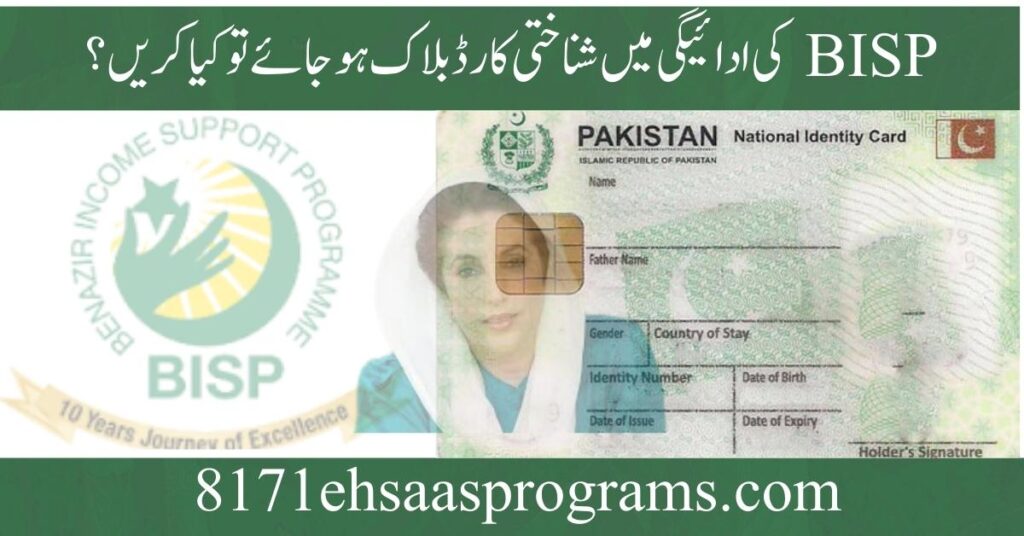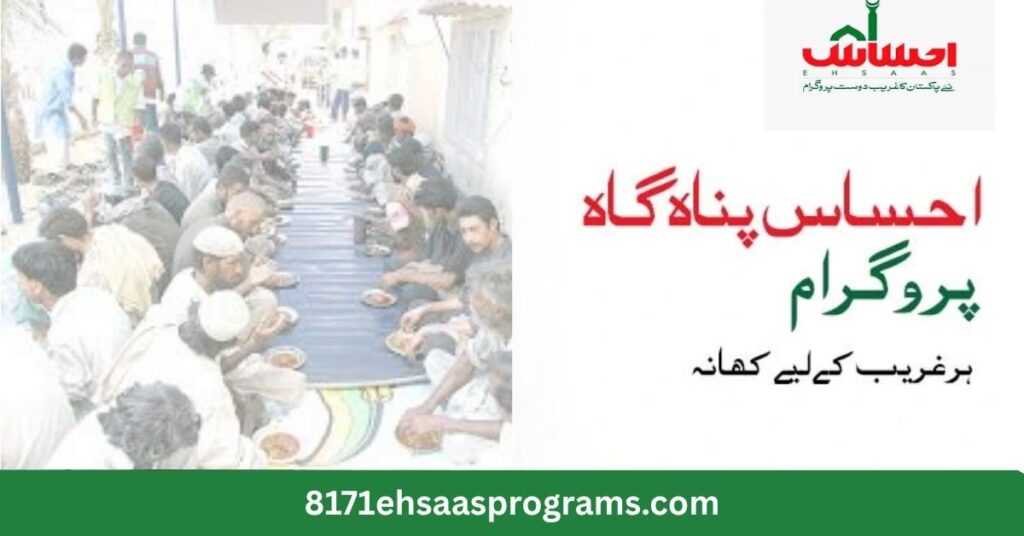Importance of CNIC in Pakistan
In Pakistan, the Computerized National Identity Card (CNIC) is not just an ID—it is the key to accessing bank accounts, SIM cards, healthcare, education, property, and government aid programs like BISP. For millions of poor families, especially women, a valid CNIC ensures they receive their monthly Benazir Income Support Programme (BISP) payments.
But when a CNIC is blocked or expired, payments stop instantly. This can feel like a disaster for daily wage households depending on the cash stipend. The good news is that the problem is temporary and fixable if you know the right steps.
Why Does CNIC Blocking Happen During BISP Payments?
Since BISP payments are directly connected to NADRA’s biometric verification system, even a small issue can suspend payments.
1. Expired CNIC
The most common cause. Once expired, a CNIC cannot be used for biometric checks. Payments freeze until it is renewed.
2. Blocked by NADRA
NADRA may block CNICs due to:
- Duplicate entries in the database
- Missing family details in the Family Registration Certificate (FRC)
- Suspicious or fraudulent information
3. Biometric Mismatch
Aging, illness, rough work, or machine errors may cause fingerprint mismatches during verification.
4. Outdated BISP Records
Even after CNIC renewal, if BISP records don’t match NADRA’s data, payments are halted until updated.
What It Means for Your BISP Payments
When a CNIC is blocked:
- ✅ Payments are temporarily frozen
- ✅ Money cannot be withdrawn from ATMs or agents
- ✅ Government cash grants are not deposited
⚠️ If ignored too long, you may lose eligibility permanently. But if resolved quickly, payments resume in the next cycle.
How to Fix a Blocked CNIC | Step-by-Step Guide
Step 1: Renew CNIC at NADRA
- Visit the nearest NADRA Registration Center
- Bring expired CNIC
- Choose service type:
- Normal (2–3 weeks, low fee)
- Urgent (7–10 days, higher fee)
- Executive (2–5 days, premium fee)
- Provide fingerprints, photos, and documents
- Collect NADRA slip (temporary proof)
Step 2: Update Records at BISP Tehsil Office
- Go to the nearest BISP Tehsil Office
- Provide new CNIC or NADRA slip
- Request profile update in the BISP database
- Submit documents:
- Family Registration Certificate (FRC)
- Proof of address (utility bill)
- Registered mobile number
- File complaint for blocked payments and get tracking number
How Long Does It Take to Resume Payments?
Payments are usually restored within 3–7 working days after record updates. You’ll receive an 8171 SMS confirmation once resolved. Pending dues are often released with the next installment.
Example Case
Sadia from Multan tried withdrawing her BISP payment at an ATM, but failed. She later discovered her CNIC had expired. After renewal at NADRA and updating records at BISP, her payments were restored within 6 days. She received both delayed and new installments together.
CNIC Blocking – Common Questions (FAQs)
Q1: Why is my CNIC blocked?
Because of expiry, NADRA block, or mismatch during biometric verification.
Q2: Do I need to pay to unblock?
Only NADRA’s renewal fee. BISP updates are free.
Q3: How long until payments resume?
Normally within 7 working days after updates.
Q4: What if I delay renewal?
Payments remain frozen, and long delays may cause permanent removal.
Q5: Who should I contact?
Call the BISP Helpline (0800-26477) or send your CNIC to 8171.
Tips to Avoid CNIC & Payment Problems
- ✅ Renew CNIC 1 month before expiry
- ✅ Keep mobile number updated with NADRA & BISP
- ✅ Regularly check eligibility via 8171 SMS
- ✅ Update family records after marriage, death, relocation
- ✅ Never pay middlemen – updates are free at BISP offices
Final Thoughts
If your CNIC is blocked during BISP payment processing, it does not mean permanent disqualification. It only pauses aid until verification is restored. By renewing your CNIC at NADRA, updating records at BISP, and filing a complaint, you can quickly resume payments and recover pending dues.
Your CNIC is not just an ID—it is your gateway to financial support, social welfare, and survival. Stay proactive, keep documents valid, and never risk delays that could affect your family’s income.



